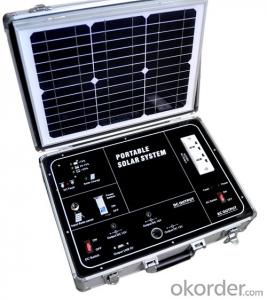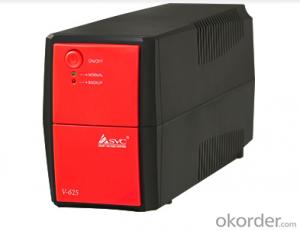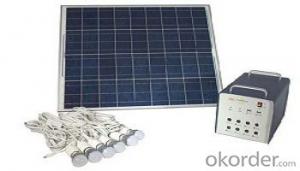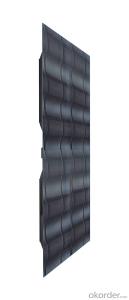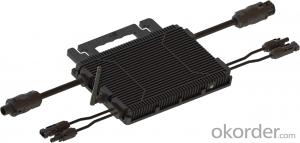high voltage lithium lifepo4 solar home 240v 12.3 KWH ess stacked battery energy storage system
- Loading Port:
- SHANGHAI
- Payment Terms:
- TT OR LC
- Min Order Qty:
- 50 set
- Supply Capability:
- 5000 set/month
OKorder Service Pledge
Quality Product, Order Online Tracking, Timely Delivery
OKorder Financial Service
Credit Rating, Credit Services, Credit Purchasing
You Might Also Like
Item specifice
Application:
Home
Output Voltage (V):
240 v
Work Time (h):
8 hours
Introduction:
HP-HV01 is a modularly expandable Lithium ion battery storage system.
The system can be built as quickly as a stack of bricks.
The system is composed of brick battery packs and an energy control box.
The brick battery packs are stacked one by one, and the energy control box is placed on the top of the brick battery pack,
it is easy to add up all these to form an energy system for users.
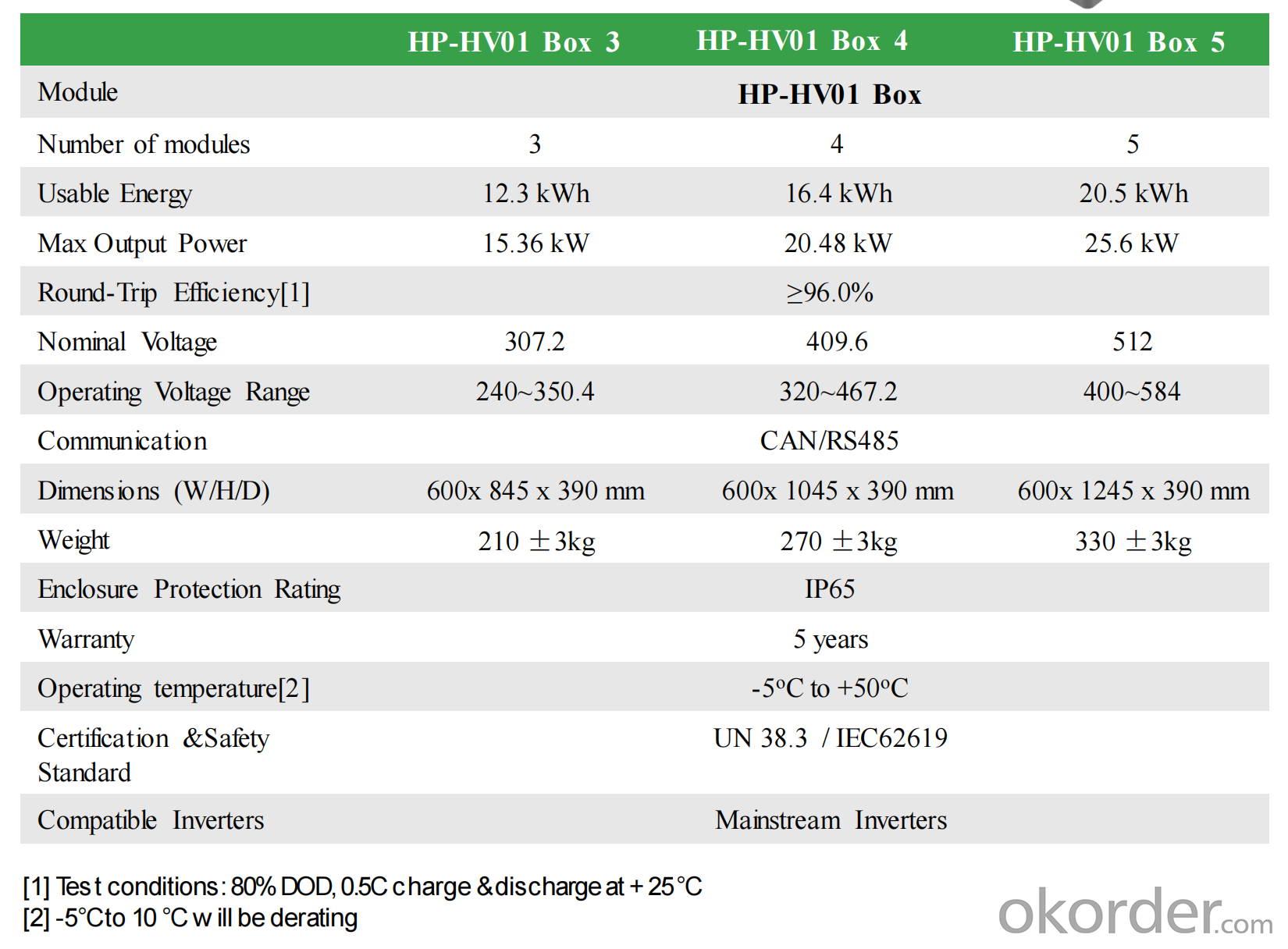
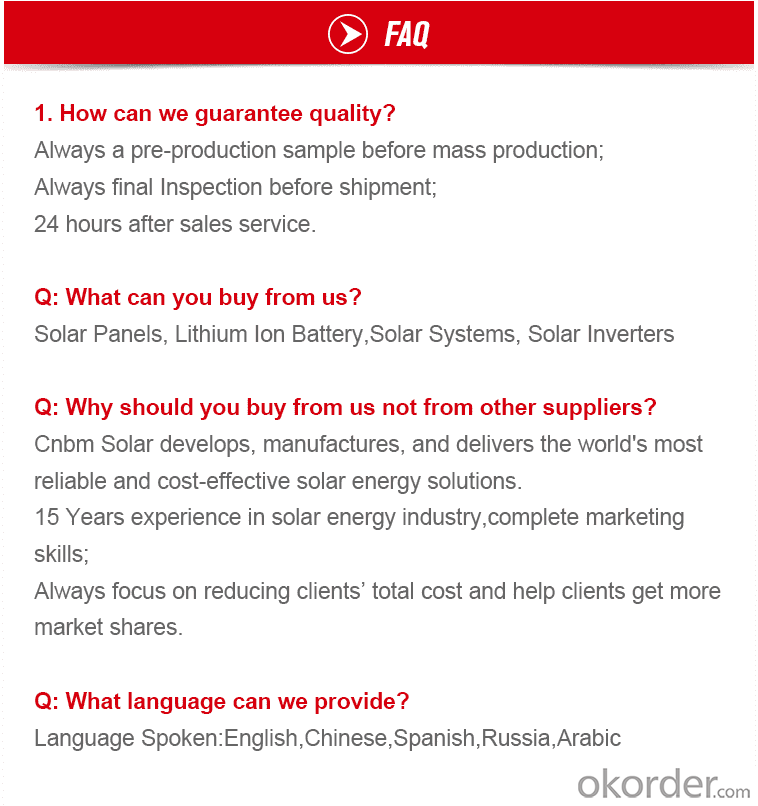
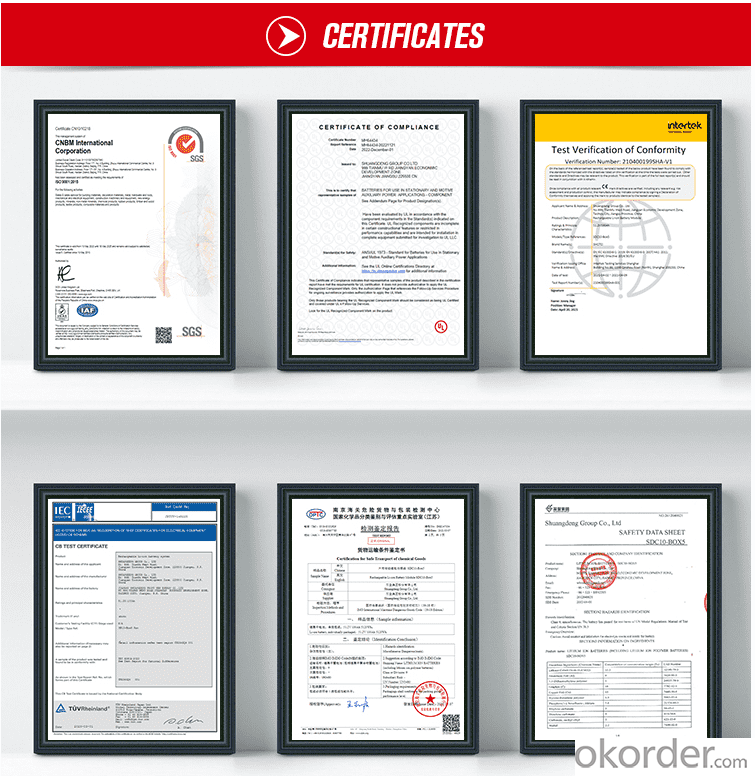
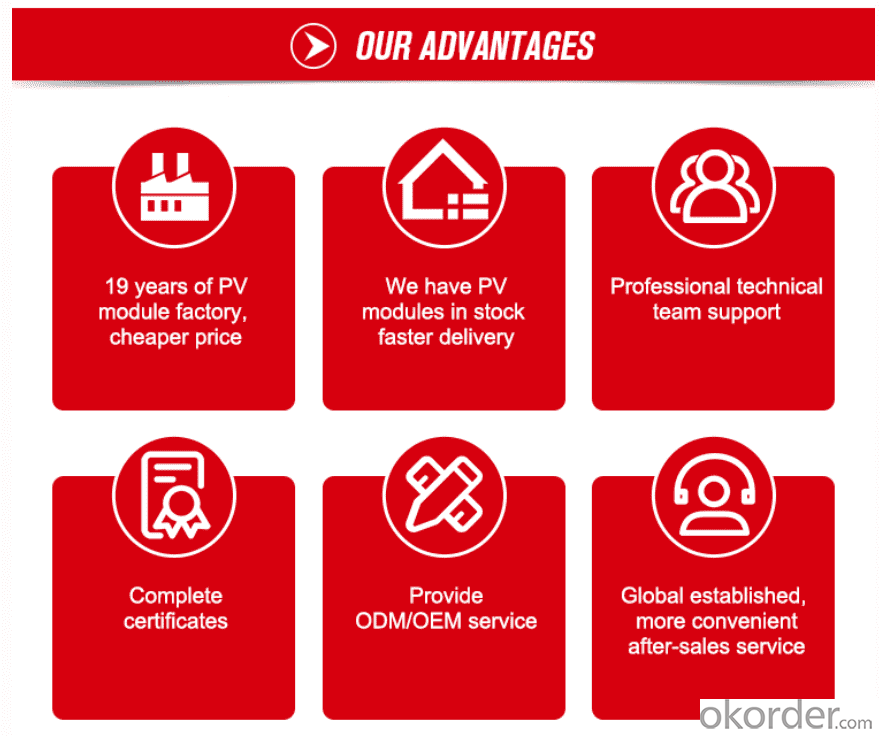

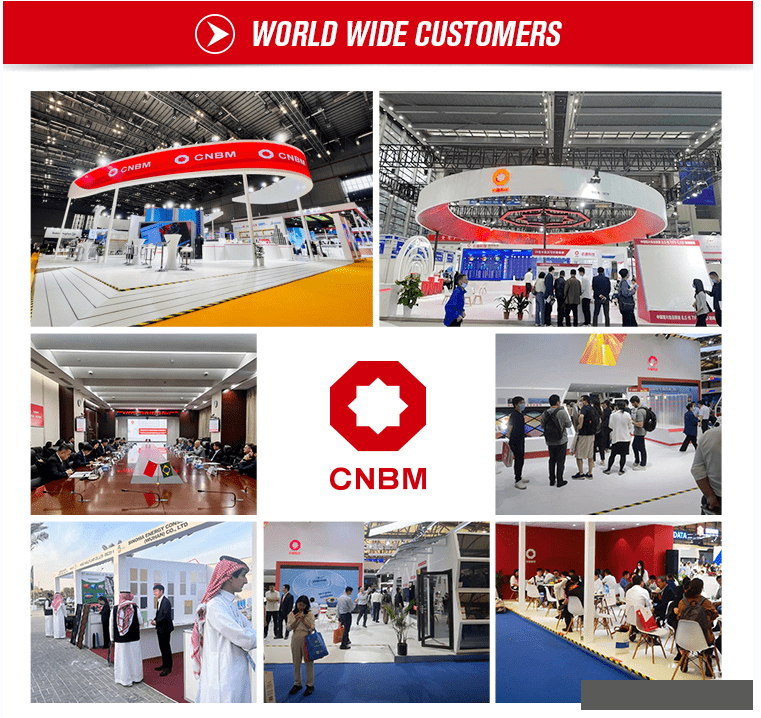
- Q:Can solar energy systems be used in powering recreational facilities like gyms or spas?
- Certainly, solar energy systems are an excellent choice for powering recreational facilities such as gyms and spas. In fact, many of these establishments have already embraced solar energy as a sustainable and cost-effective solution for their energy requirements. The installation of solar panels on the roof or in close proximity to the facility allows for the capture of sunlight and its conversion into electricity. This clean and renewable energy source can then be utilized to power various equipment, including lighting, air conditioning, heating, and other electrical systems within the facility. By incorporating solar energy systems, recreational facilities can significantly reduce their dependence on traditional energy sources, such as fossil fuels. This not only contributes to the reduction of carbon emissions and the fight against climate change but also provides long-term financial advantages. Over time, solar power can result in substantial energy savings, as gyms and spas have the potential to generate their own electricity and even sell any excess power back to the grid. Furthermore, solar energy systems can be seamlessly integrated into the design of recreational facilities. The sleek and modern appearance of solar panels can enhance the overall aesthetic appeal of the facility, while also showcasing its commitment to environmental sustainability. This can attract environmentally conscious customers who appreciate businesses that prioritize renewable energy and contribute to a greener future. In conclusion, solar energy systems are a viable and increasingly popular option for powering recreational facilities like gyms and spas. By harnessing the power of the sun, these facilities can reduce their carbon footprint, save on energy costs, and attract environmentally conscious customers.
- Q:How do solar energy systems impact energy independence in rural areas?
- Solar energy systems have a significant impact on energy independence in rural areas. By harnessing the power of the sun, these systems provide a reliable and renewable source of electricity, reducing the dependence on traditional fossil fuel-based energy sources. This not only helps to reduce energy costs for rural households and businesses but also empowers them to generate their own electricity and become less reliant on the grid. Solar energy systems thus play a crucial role in promoting energy independence and sustainability in rural areas.
- Q:Can solar energy systems be used for powering electric grids?
- Yes, solar energy systems can be used to power electric grids. Solar power plants, comprised of numerous solar panels, can generate electricity from sunlight. This electricity can be fed into the electric grid, supplementing or even replacing traditional sources of power such as fossil fuels.
- Q:Can solar energy systems be used for powering airports?
- Yes, solar energy systems can be used for powering airports. Solar panels can be installed on rooftops, parking lots, or vacant land surrounding airports to generate clean and renewable energy. This can help reduce the dependency on fossil fuels and lower greenhouse gas emissions. Additionally, solar energy systems can provide a reliable source of power, especially during peak demand periods, ensuring uninterrupted operations at airports.
- Q:Can solar energy systems be used in areas prone to hurricanes?
- Yes, solar energy systems can be used in areas prone to hurricanes. However, it is important to ensure that the systems are designed and installed with the specific hurricane risks in mind. This includes using hurricane-resistant materials, securing panels and other components properly, and implementing backup power storage solutions to ensure continuous energy supply during and after a hurricane. Additionally, regular maintenance and inspections are crucial to ensure the system's durability and functionality in such areas.
- Q:What are the different mounting options for solar panels?
- The different mounting options for solar panels include roof-mounted, ground-mounted, pole-mounted, and tracking systems. Roof-mounted systems are the most common and are installed on the roof of a building. Ground-mounted systems are installed on the ground using a fixed structure or a tracking system. Pole-mounted systems are mounted on poles and can be adjusted for optimal sun exposure. Tracking systems allow solar panels to move and follow the sun's path throughout the day, maximizing energy production.
- Q:Can solar energy systems be used in powering beauty salons or spas?
- Certainly, beauty salons and spas can utilize solar energy systems to effectively power their establishments. Solar energy is a source of power that is both renewable and sustainable, enabling these establishments to decrease their reliance on traditional electricity and minimize their carbon footprint. Installation of solar panels on the rooftop or other suitable areas allows beauty salons and spas to generate their own electricity, resulting in long-term cost savings. Beauty salons and spas typically have high electricity requirements for operating various equipment such as hair dryers, hair straighteners, curling irons, lighting, and air conditioning. Solar energy systems are capable of meeting these power demands, particularly during daylight hours when the sun is shining. Any excess electricity generated during the day can be stored in batteries or directed back into the grid, ensuring a continuous and reliable power supply. Furthermore, by adopting solar power, beauty salons and spas can enhance their sustainability and environmental performance. This transition to solar energy enables these establishments to significantly reduce their carbon emissions and actively contribute to the global fight against climate change. Additionally, the use of solar energy can attract environmentally conscious customers who value businesses that prioritize sustainability. To summarize, solar energy systems present a viable solution for powering beauty salons and spas. They provide a dependable and sustainable source of electricity, while also offering cost savings and supporting greener and more environmentally friendly business practices.
- Q:Are there any limitations to using solar energy for powering vehicles?
- Yes, there are limitations to using solar energy for powering vehicles. Some of the main limitations include the intermittent nature of solar power, as it is dependent on weather conditions and daylight availability. This makes it challenging to consistently generate sufficient energy for continuous vehicle operation. Additionally, solar panels take up a significant amount of space, which can be impractical for smaller vehicles with limited surface area. Moreover, the energy conversion efficiency of solar panels is relatively low, resulting in less power output compared to conventional fuel sources. Lastly, the initial installation cost of solar panels and the associated infrastructure can be expensive, making it less economically viable for widespread adoption in the automotive industry.
- Q:Can solar energy systems be used in areas with limited access to sanitation facilities?
- Yes, solar energy systems can be used in areas with limited access to sanitation facilities. Solar energy systems are independent of sanitation facilities and do not require any connection or reliance on them. They can provide clean and renewable energy for various purposes such as lighting, cooking, heating water, and powering basic appliances, even in areas where sanitation facilities are limited or nonexistent. This makes solar energy an ideal and sustainable solution for improving living conditions and promoting development in such areas.
- Q:Can solar energy systems be used in powering dental clinics or medical clinics?
- Certainly, dental clinics or medical clinics can indeed utilize solar energy systems to generate power. Solar energy, a clean and sustainable power source, can be harnessed through photovoltaic (PV) panels to produce electricity. These panels convert sunlight into usable energy, which can then be utilized to operate various electrical equipment and appliances in dental or medical clinics. Typically, dental and medical clinics require a substantial amount of electricity for their operations, including lighting, air conditioning, medical equipment, computers, and other electrical devices. By installing solar panels, these clinics can decrease their reliance on the traditional power grid and lower their electricity expenses. Solar energy systems can be tailored to meet the specific energy requirements of dental or medical clinics, ensuring smooth and efficient functioning. The electricity generated by solar panels can be optimized by analyzing the clinic's energy consumption patterns and installing an appropriate number of solar panels to meet the demand. Moreover, besides the cost savings, employing solar energy systems also offers environmental advantages. Solar power is a clean energy source that does not produce any greenhouse gas emissions or air pollutants during operation. By transitioning to solar energy, dental and medical clinics can decrease their carbon footprint and contribute to a healthier environment. Additionally, solar panels have a long lifespan and require minimal maintenance, making them a dependable and resilient energy solution for dental and medical clinics. With proper installation and regular inspections, solar energy systems can provide a consistent and uninterrupted power supply for many years. All in all, solar energy systems present a practical and feasible choice for powering dental or medical clinics. They provide cost savings, environmental benefits, and a reliable electricity source, enabling clinics to operate efficiently while minimizing their impact on the environment.
1. Manufacturer Overview |
|
|---|---|
| Location | |
| Year Established | |
| Annual Output Value | |
| Main Markets | |
| Company Certifications | |
2. Manufacturer Certificates |
|
|---|---|
| a) Certification Name | |
| Range | |
| Reference | |
| Validity Period | |
3. Manufacturer Capability |
|
|---|---|
| a)Trade Capacity | |
| Nearest Port | |
| Export Percentage | |
| No.of Employees in Trade Department | |
| Language Spoken: | |
| b)Factory Information | |
| Factory Size: | |
| No. of Production Lines | |
| Contract Manufacturing | |
| Product Price Range | |
Send your message to us
high voltage lithium lifepo4 solar home 240v 12.3 KWH ess stacked battery energy storage system
- Loading Port:
- SHANGHAI
- Payment Terms:
- TT OR LC
- Min Order Qty:
- 50 set
- Supply Capability:
- 5000 set/month
OKorder Service Pledge
Quality Product, Order Online Tracking, Timely Delivery
OKorder Financial Service
Credit Rating, Credit Services, Credit Purchasing
Similar products
New products
Hot products
Hot Searches
Related keywords
















